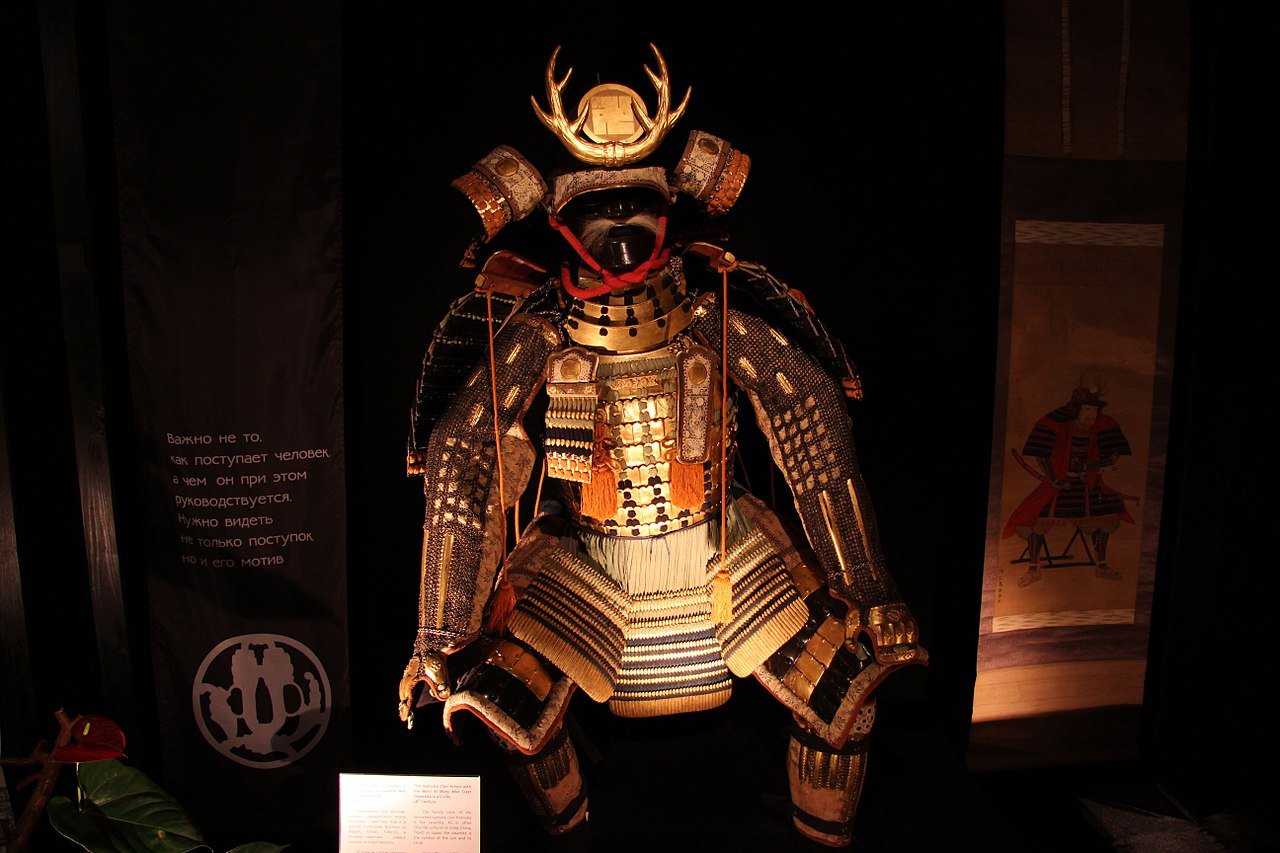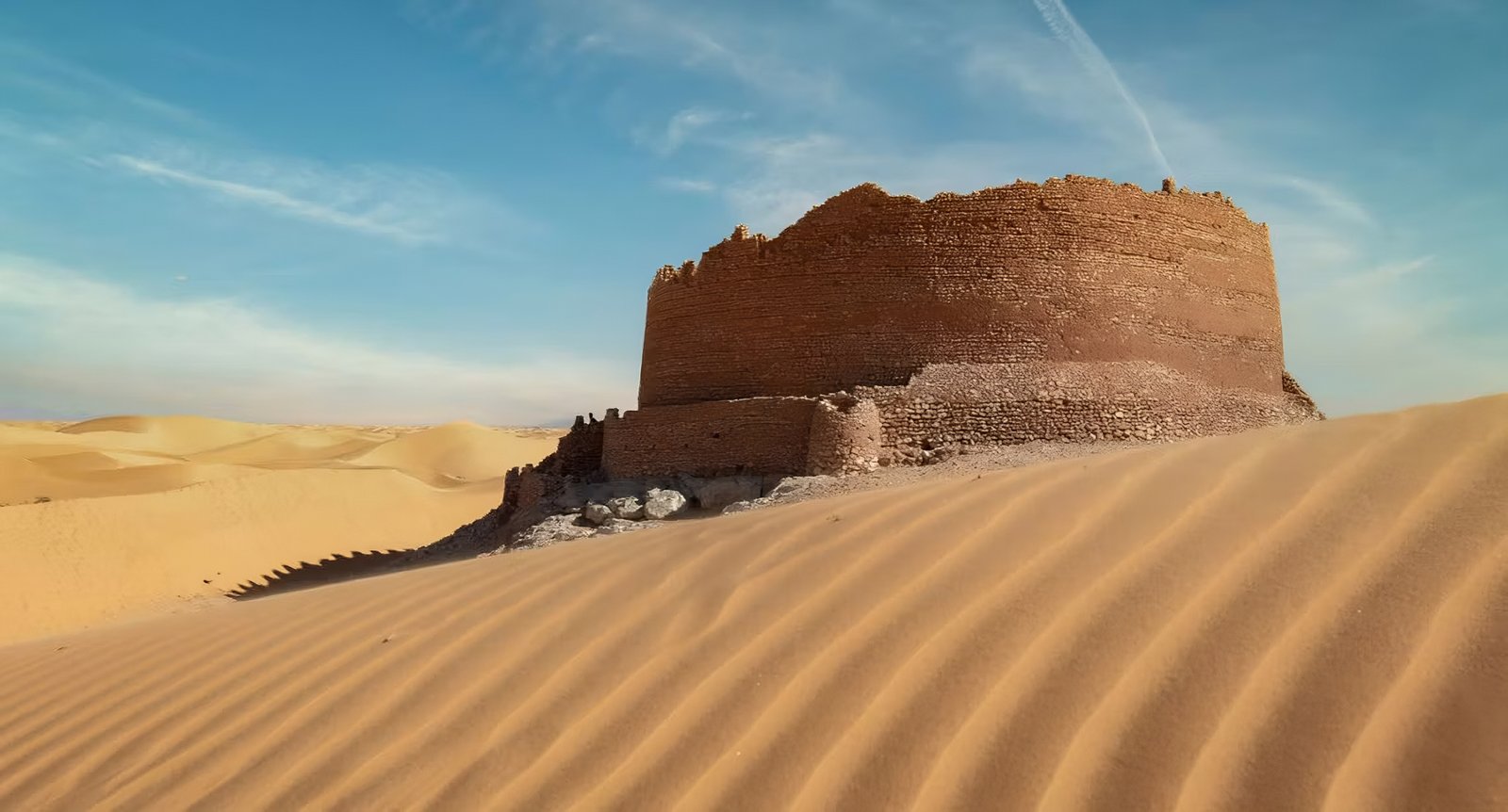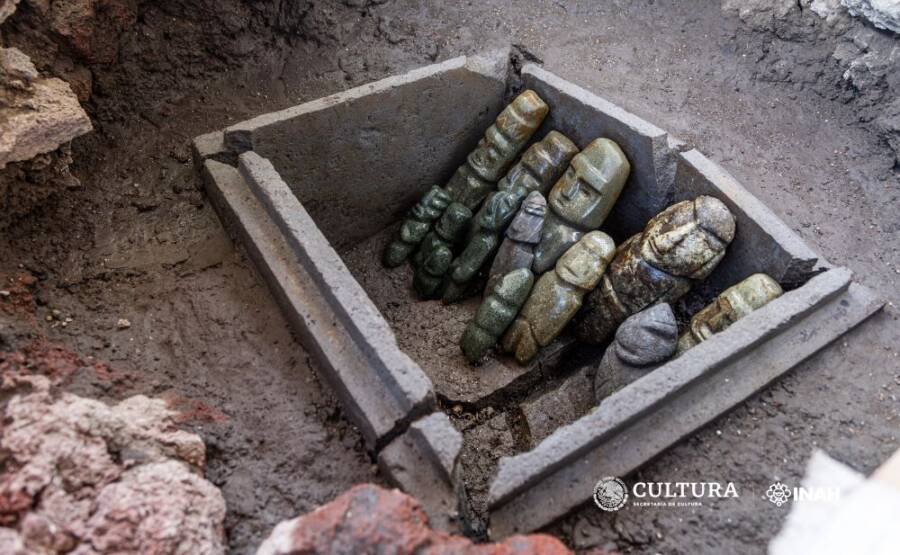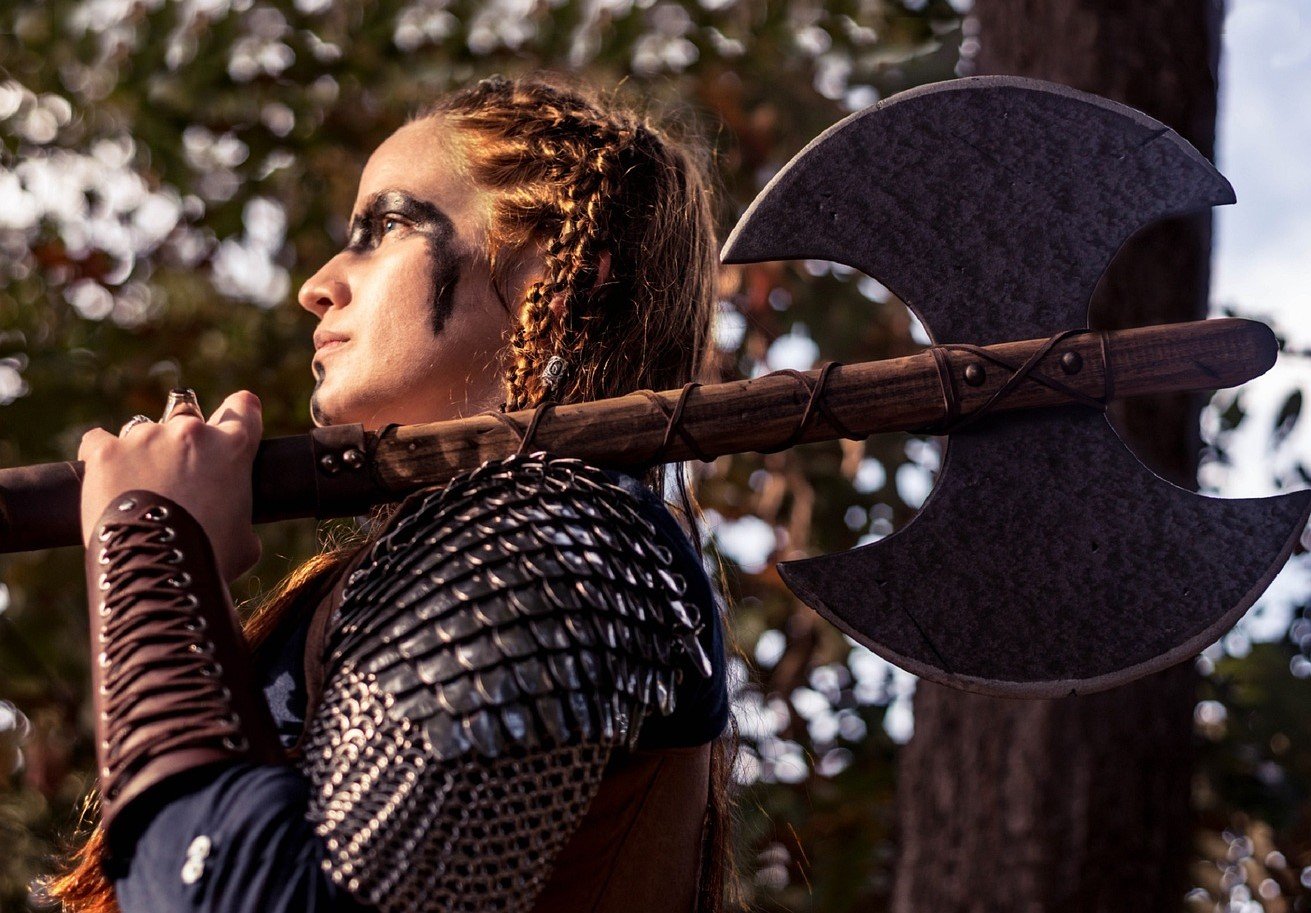Introduction
This is the world of colourful epic stories, exciting characters, and the intervention of the divine. The comprehension of the world, explanation of natural phenomena, and the solution of man’s desires were all explained in the web of intricate stories. One of the fascinating aspects of the universe is a group of weird individuals known as the Weepers. This raises questions and compels one to seek clarification on the Greek mythology narrative.
Unveiling Ancient Greek Mythology
Greek mythology has a rich tapestry
Greek mythology is the huge body of stories which have been told and retold throughout the generations. These stories tell the lives of gods, goddesses, much hero and few mortals and their contacts with each other. They go from the creation of the universe, to the heroes of the Trojan war all reflecting the worldview of the Greeks, their beliefs, their values, and their fears.
The fascinating beings that inhabited this mythological setting included:
However, Greek pantheon is an interesting collection of characters with unique and distinct personalities, powers, and weaknesses. The Olympian god, Zeus has control over many subjects. He also possesses a lot of power and influence on man’s fate. Such as the heroes like Achilles, Odysseus, Heracles, etc. who try a lot and experience high risks, but they show unbelievable courage and intellect. It is more colorful in that it has a variety of muses and other creatures like nymphs.
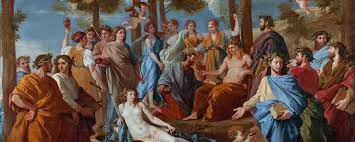
The Enigma of Weepers – Ancient Greek Mythology
Defining Weepers in Greek Mythology
The phrase Weepers, however, is something of which we do not know, and it can mean different things to different people. According to some others, these figures may represent different goddesses that would associate with mourning and lament, for instance, the Moirai, the Fates, or the Erinyes, the Furies. Others say it represents a broader image of grief given physical form.
Significance in the Broader Pantheon
Without a doubt, the Weepers occupy a significant spot within the Greek mythological plot. In some sense, their presence brings a vivid picture to mind that life is very short and thus no one should assume that he or she has all the time in the world. Such feelings reveal the emotional intricacy of the heroic characters and their vulnerability for loss. This shows that Weepers dwell in this divine realm and so are Gods also able to experience sorrow.
Further Exploration
The mysterious Weepers’ part in the Greek mythology deserves more consideration and research. A close analysis of how they feature in different myths and their impact on the emotional content of the story helps to understand the Greek notions and ethos of the time. They can also be related to other cultures and mythological traditions hence widening of the universal human loss and grief.
Just the beginning of your expanded paper. You should therefore undertake further reading on every topic with particulars, illustrations, and analyses to delve deeper into Weepers in the Greek Mythology. Make sure you maintain a low perplexity and high degrees of burstiness by utilizing different kind of sentence structure as well as vocabulary. Also, do not forget to include some royalty-free images which will make the whole article more attractive.
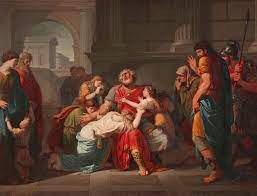
Origin and Creation – Ancient Greek Mythology
Mythical Genesis of Weepers
The origin of the Weepers lies in Greek mythology, which remains controversial with many perspectives. Their mystery is increased by several different myths giving contrasting accounts of their origin.
Divine Creation Stories
A widely accepted myth explains that the gods created the Weepers who had a place in divine organization. He describes the Moirai as the daughters of the first deities such as Night (or Necessity). Also, Erinyes, the Furies, are typically represented as daughters of Gaia and Uranus, which is derived from blood of Uranus whom his son castrated.
Weepers are made by gods.
Unlike in most other myths, the Weepers are not directly made by the gods, but rather from certain events or occurrences. For instance, they are said to emanate from the watery tears shed on behalf of sad divinities or people. In addition, a Weeper could be born because of the death of a favorite hero or a tragedy. Such a Weeper would just keep on weeping for that bereavement and mourning.
In the case of the Weepers, the creation stories were various, suggesting them as complex and multifaceted. This implies that they are connected to the divine world hence, it is significant in the whole Greek mythology story.
Physical Attributes and Symbolism
Characteristics of Weepers
Each Weeper is physically distinct in relation to his or her identity. For instance, some look like old women having serious features on their faces and sad dressing which points to their relationship with fortunes and fate. Unlike the Naiads, however, we find the description of the Nymphs as beautiful young girls with long hair, wearing clothes made of water, and representing the purity and the suffering of their functions.
The significance of their existence through symbolic meanings.
Weepers are portrayed, and their physical characteristics bear a symbolism. These tears are tears of sorrow, loss, and acceptance of death. Besides wearing flowing robes, they also have mournful faces and this depicts a clear association with grief and lament. Sometimes particular physique attributes may also carry special significance. Such as, Erinyes are sometimes portrayed with bloody eyes and serpentine hairs representing their vengeful nature and association with justice and punishment.
The physical attributes and symbolic meanings lend more richness to the Weepers. They are pictorial manifestations of the ideas behind them and enhance the emotional significance they have in the framework of Greek mythology.
Further Exploration
Exploring some aspects of origin stories and physical characteristics of different types of the Weepers can reveal how they relate to other components from the ancient Greek myths. This will give us a better understanding of the values and beliefs expressed through these original stories.
Weepers in Ancient Texts – Ancient Greek Mythology
References in Epic Poems
Weepers play a crucial role in the tapestry of ancient Greek literature especially in epic poems like the Iliad and the Odyssey. These monuments reveal significant clues concerning their purposes, roles as well as how they saw themselves in mythic world.
References to well-known Greek literary pieces.
The Moirai in Iliad creates a portrait using the destiny threads of mortals and divine beings like. He describes them as potent, unrelenting characters demonstrating the immutable reality of fate, and its fatalistic consequence on those who rebel against it. The Erinyes also occur in the writings of Aeschylus and Sophocles, where they act as vengeful and vindictive spirit, whose sole aim is to exact justice for the oppressed and mete out punishment to those that violated societal laws.
Classical Scholars’ interpretations and analyses
Many classical scholars have studied the description of Weepers in the ancient texts. Their interpretations help one understand the social setting in which those figures live and the real message that they signify within the narratives. For instance, some studies examine the relationship between the Moirai and ideas such as freedom, destiny, and morality. Similarly, Erinyes have been analyzed on their role in maintaining balance in a society as well as their intricate relation with justice and revenge.
The mentioned references and interpretations demonstrate how the Weepers still pervade the ancient Greek literature. These timeless works showcase them so that they continue to arouse curiosity and discussion about themselves in the general Greek mythological chronicle.
Rituals and Ceremonies – Ancient Greek Mythology
Weepers in Religious Practices
Nevertheless, Weepers inhabited the world of literature and Greek religions even before literature was invented. Their presence was so vital that they made the importance of rituals and ceremonies spiritual and emotional.
Participation in Ancient Rituals
For instance, the practice of invocation of Moirae was mostly carried out in many instances, including sacrifices, praying and other issues related to births, marriages and death. The presence serves as a reminder that life is like a circle which has divine powers behind it. In rituals, Erinyes would also invoke justice and retribution for criminal deeds, like Erinyes. They involved society members and highlighted society ethic that they should not create social imbalance in the community.
Their Place in Religious Ceremonies – Ancient Greek Mythology
Weepers also participated in various religions events where they maintained ties with the spiritual world. People would encounter them in processions, during hymns, and offerings. It was their reflective and solemn aspect. Additionally, individual personifications like the Naiads were usually credited or linked with particular places where they were worshipped in holy springs and rivers and therefore this helped to promote appreciation of the divine in the natural setting.
Looking at Weepers role within ancient rites and ceremonial practices helps us see their intricacy. Besides existing in myths, they were links between people and divine to ensure the social order.
Conclusion – Ancient Greek Mythology
We have seen a little into the world of unknown. The fascination with these figures is evidenced by the fact that it spans all the way from their origins, characteristics, presence in literature, rituals, and ceremonies. However, they add a sense of depth into the already complex woven net of Greek myths because of their association with grief, fate, and the divine realm.
Although a lot still remains to be understood, the journey through their stories and interpretations has shed light on their multifaceted nature and continued relevance. The Weapperes symbolize the strong feelings which form human life, the role of God in our lives, and the commonness of issues such as sorrow, death, and desire that are still relevant in the world.
FAQs
Are all Weepers associated with grief and lament?
While grief and lament are commonplace themes associated with Weepers, their roles increase past mere sadness. Some, just like the Moirai, constitute destiny and fate, whilst others, like the Naiads, embody the relationship among humans and the natural global.
How do Weepers vary from other deities in Greek mythology?
Weepers occupy a completely unique function inside the pantheon. Unlike Olympian gods who possess monstrous strength and authority, Weepers regularly function reminders of the restrictions of mortals and the inevitability of loss of life. Their association with feelings like grief and vulnerability presents them a wonderful presence in the mythical international.
What cultural importance do Weepers maintain past historic Greece?
The concept of Weepers has transcended the bounds of historic Greece, influencing and provoking artists, writers, and philosophers at some point of records. Their portrayal in literature, artwork, and track maintains to offer precious insights into the human enjoy and the iconic energy of delusion and storytelling.


